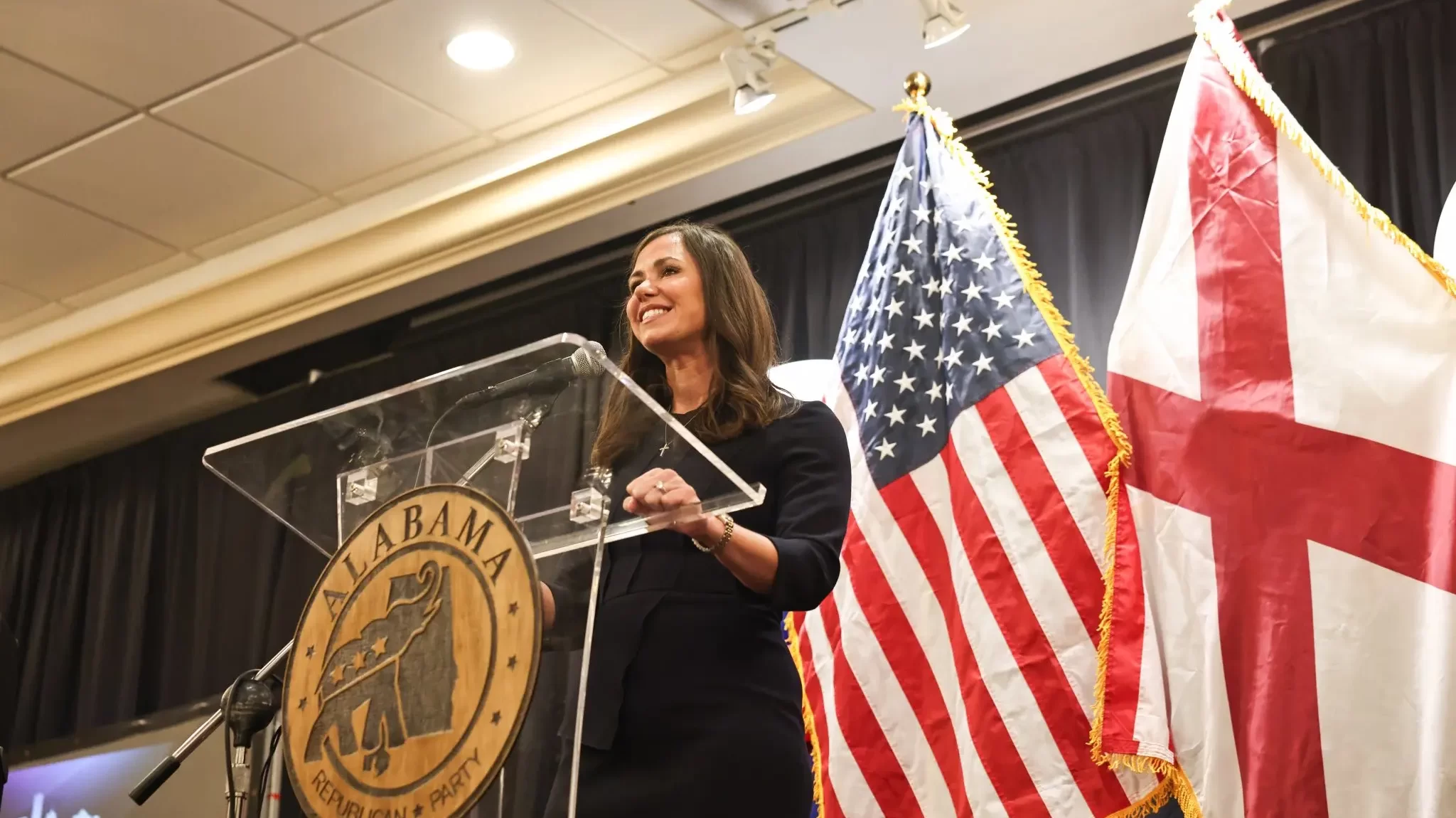|
Getting your Trinity Audio player ready...
|
President Donald Trump signed an executive order on Tuesday establishing a federal task force aimed at reducing the costs of in vitro fertilization and expanding access to the fertility treatment. The order directs the Domestic Policy Council to develop policy recommendations within 90 days to protect IVF access and lower out-of-pocket expenses, Reuters reported.
“It is the policy of my Administration to ensure reliable access to IVF treatment, including by easing unnecessary statutory or regulatory burdens to make IVF treatment drastically more affordable,” the executive order states. The cost of a single IVF cycle ranges from $12,000 to $25,000, with many patients requiring multiple cycles to achieve a successful pregnancy. While Trump had previously campaigned on making IVF free through government or insurance coverage, the executive order does not specify funding mechanisms or total projected costs. Some experts estimate that fully subsidizing IVF could cost as much as $7 billion annually.
Trump’s order follows the Alabama Supreme Court’s February 2024 ruling in LePage v. Center for Reproductive Medicine, which determined that frozen embryos are legally considered “extrauterine children.” The controversial decision, stemming from a case where a patient accidentally destroyed several embryos at a fertility clinic, opened the door for wrongful death lawsuits related to embryo loss. In response, several fertility clinics in Alabama halted IVF services due to legal uncertainties. State lawmakers acted quickly to pass legislation granting legal immunity to fertility doctors from such lawsuits, allowing clinics to resume services.
U.S. Senator Katie Britt, R-Ala., a vocal advocate for IVF access, hailed Trump’s executive action as “the most pro-IVF executive order ever taken at the federal level.” Britt said in a statement, “IVF is fundamentally pro-family, helping aspiring parents across our nation start and grow their families. I couldn’t be happier to see President Trump take this landmark step to expand access to this pathway to parenthood.” Sen. Britt has been leading efforts in the Senate to safeguard IVF access, including co-sponsoring the IVF Protection Act alongside Senator Ted Cruz, R-Texas. The bill sought to ensure continued IVF availability while preserving religious liberty, but it was blocked by Senate Democrats.
While the executive order signals a federal push to make IVF more affordable, it has also drawn criticism from anti-abortion groups, some of whom oppose IVF due to the destruction of unused embryos. The task force’s recommendations, due within the next 90 days, could shape future legislative action on reproductive healthcare policies. Trump’s decision to champion IVF access comes as Republicans work to navigate reproductive rights issues in the post-Roe v. Wade era. With fertility treatment access becoming an increasingly significant political issue, the administration’s approach could have long-term implications for healthcare policy and the 2025 election landscape.





















































